
Sharing the Treasure: Not Merely Spectators
From the time of Jesus’ ascension, the Body of Christ has been central to the Great Commission. This command was given for all believers and is designed to be carried out not only by those who go but by all who follow Jesus.
Paul’s relationship with the believers at Philippi provides a beautiful example of the ways that the local church plays a vital role in the spread of the gospel to the nations. They prayed for his needs (Philippians 1:19) and financially supported his work so sacrificially that this local body was among the churches Paul cites as examples to follow in his instructions to the Corinthians (2 Corinthians 8:3).
The Philippian church wasn’t a mere spectator of Paul’s ministry: It was a participant. As Paul expresses his gratitude for this fellowship in the beginning of his letter to them, he acknowledges the integral role they played in his work: “I thank my God in all my remembrance of you … because of your partnership in the gospel from the first day until now.” (Philippians 1:3,5, author’s emphasis)
It is this partnership—the cooperative efforts of cross-cultural workers and the churches that send and support them—that continues to enable the good news to spread and take root in communities that previously had no access to the message of Christ. The Church is central to God’s plan of redemption for the nations, as both the instrument of sending and the means by which God is glorified, and it is therefore vital to our vision at Christar.
This is why “the Body of Christ” is one of our core values as an organization. The Church, in all its diverse expressions, is a central component of the ministry to which we are called; and building it, in alignment with Jesus’ work, where it does not yet exist is the means by which we seek to glorify God.
Christar workers are sent by churches that commission them and continually stand behind them. These fellowships and many others give of their resources so that workers can faithfully serve in least-reached communities. For these local bodies of believers, missions isn’t an outside ministry to which they give; rather, these churches partner with workers who extend their ministries in places where the gospel isn’t yet known.
The central nature of the church is also reflected in the way in which we minister on the field. We’re committed to working in teams that reflect the diversity of the Body of Christ in their gifting and skills, and are grateful for the unique contributions of workers from an array of ethnic and cultural backgrounds.
These teams endeavor not only to see least-reached people profess faith in Christ, but to make disciples of new believers and to witness local fellowships established where none previously existed. While pursuing this goal requires a far greater investment of time and resources than simply proclaiming the good news, we strive to achieve it because of the incredible worth of the local church and its role in building the larger Body of Christ.
The Body of Christ is the engine that drives our vision, and at Christar we are blessed by more than a thousand local churches that participate with us in ministry among the least-reached—including some that have faithfully partnered with our workers for decades. Their role in the Great Commission is “a fragrant offering, a sacrifice acceptable and pleasing to God” (Philippians 4:18), and the Lord is using it to build His Church in places where it does not yet exist.

Dr. Steve Coffey, Director of Christar U.S., began work with Christar in 1989. He and his wife, Beth, initially served among North African immigrants in France. In 2001, they returned to the U.S. for Steve to lead the Christar Church Planting Division. In 2005 he became Director of Christar. Before serving with Christar, the Coffeys worked for a year in a humanitarian project in the Red Sea hills of Sudan among the Beja people. Dr. Coffey’s education includes an undergraduate degree in history education from Liberty University, a Master of Divinity from Liberty Baptist Theological Seminary and a Doctor of Strategic Leadership from Regent University. The Coffeys have three children and four grandchildren.

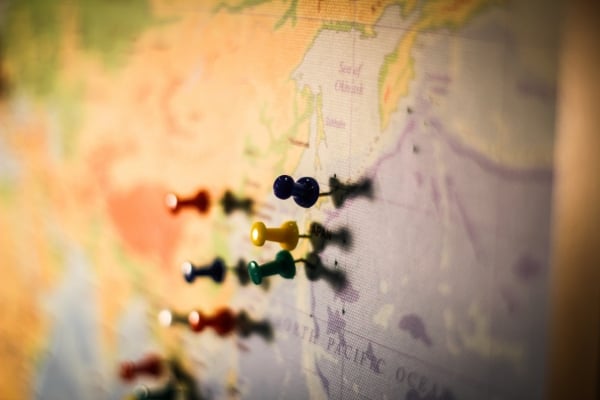


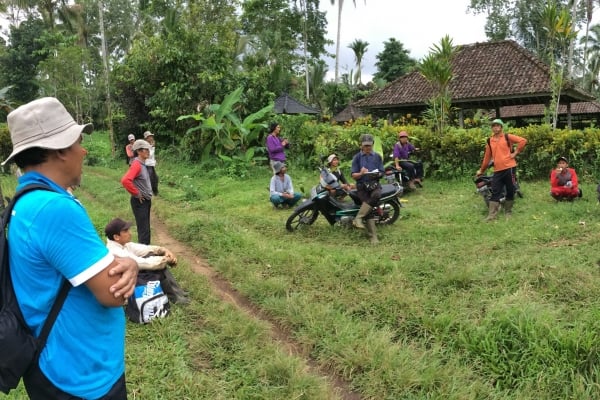

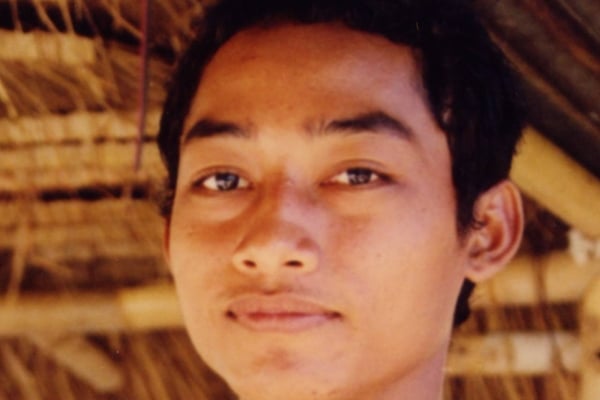
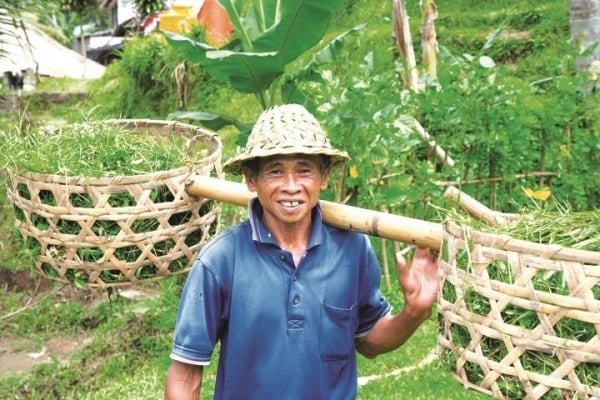
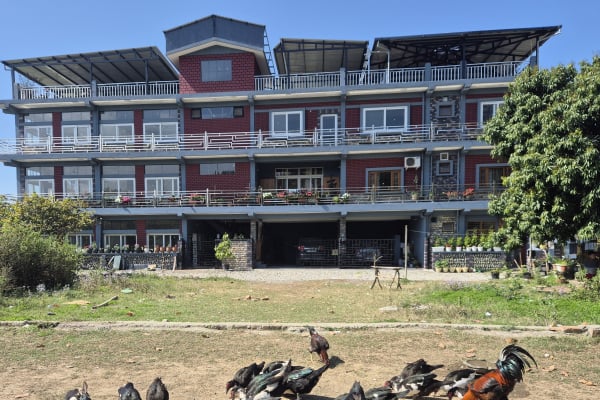
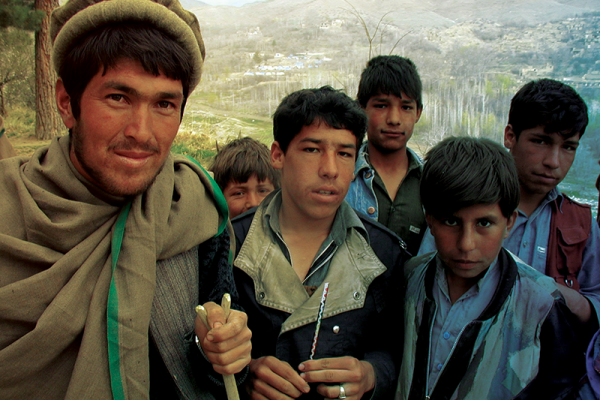






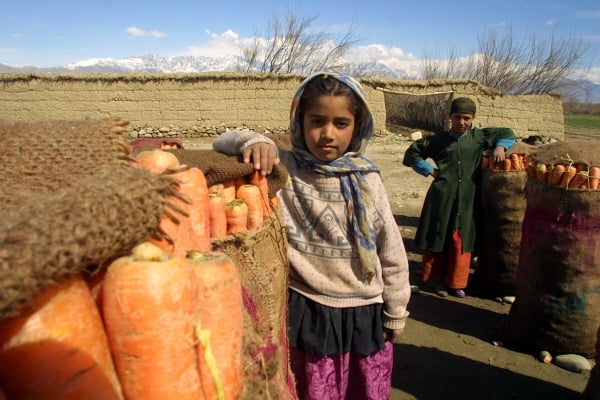


_1624034103_600x400.jpg)
